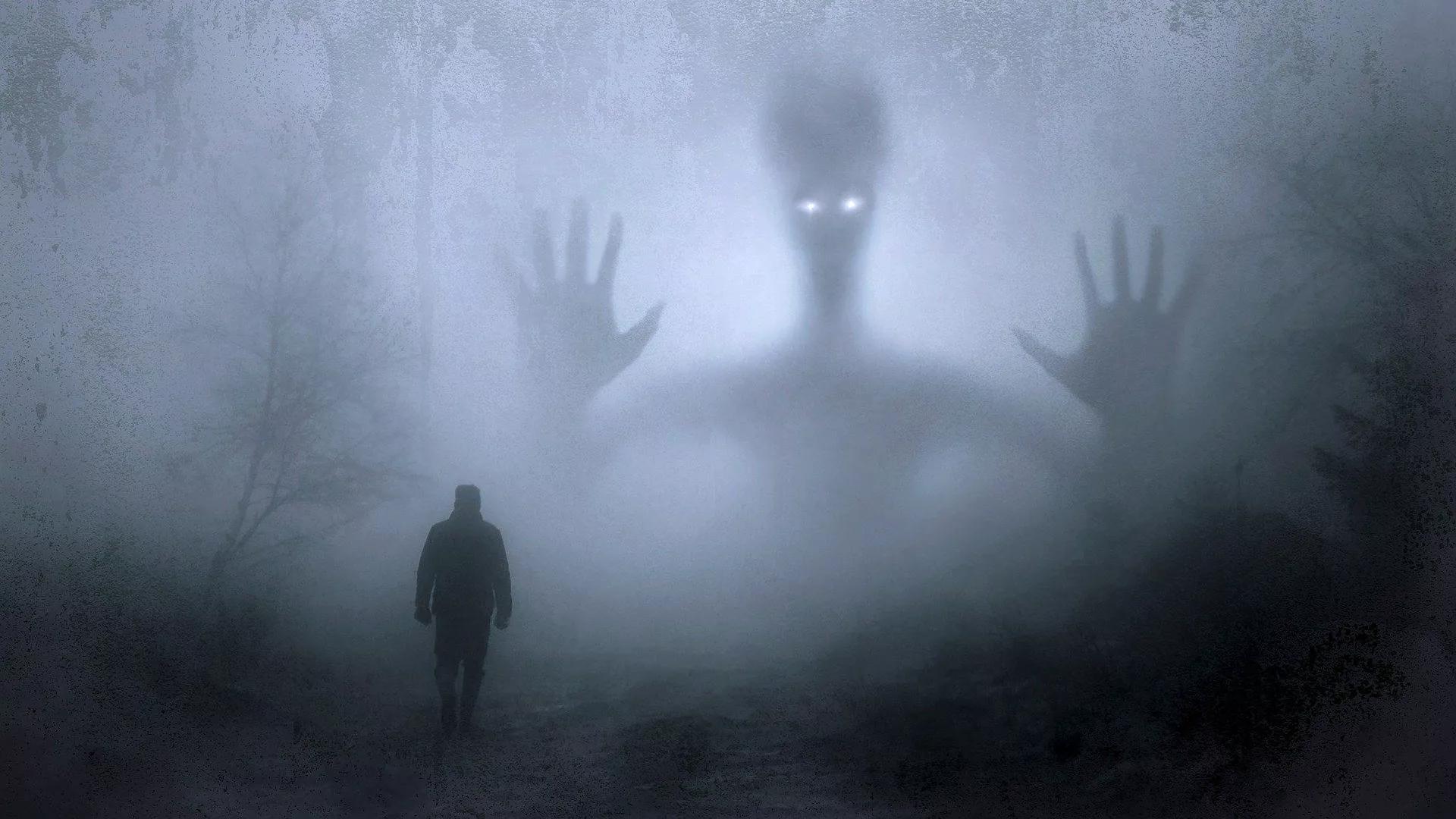Africa-Press – Mauritius. Advances in resuscitation and critical care medicine have allowed ever more people to survive near-death encounters; afterwards they describe unique recollections.
A team of experts got together to examine accumulated evidence and offer the first peer-reviewed consensus statement for scientific study of recalled experiences surrounding death.
The vivid mental recollections that people who survived near-death experiences typically describe are not hallucinations, as some have hypothesized, claims a new study.
Nor are they consistent with illusions or psychedelic drug-induced experiences, but are rather a distinct cognitive process, claims the research that has expanded on the current understanding of death.
An estimated hundreds of millions of people around the world have shared unique experiences of unexplained, lucid episodes of heightened consciousness when standing at death’s door, so to say. This is the direct result of advances in resuscitation and critical care medicine over the past century.
‘Death is Not Absolute State’
While death is clinically defined as when the heart stops beating, the brain doesn’t stop functioning at the same time, explained a vast multidisciplinary team, led by Sam Parnia, MD, PhD, director of Critical Care and Resuscitation Research at NYU Grossman School of Medicine.
This allowed the team an opportunity to discover that gamma activity and electrical spikes in the brain after death indicate a heightened state of consciousness.
The research scrutinised accumulated to date scientific evidence to come up with the first-ever, peer-reviewed “consensus statement”. The “Guidelines and Standards for the Study of Death and Recalled Experiences of Death” was published in the Annals of the New York Academy of Sciences.
The team represented many medical disciplines, including the neurosciences, critical care, psychiatry, psychology, social sciences and humanities, and hail from academic institutions including Harvard University, Baylor University, University of California Riverside, University of Virginia, Virginia Commonwealth University, Medical College of Wisconsin, and the Universities of Southampton and London.
The near-death experiences are defined by a specific narrative arc, explained the study, which furthermore often result in positive psychological growth of the person after they have been resuscitated.
The scientists concluded that recalled experiences surrounding death follow a specific narrative, involving a perception of: To date, studies have not been able to definitively prove the reality or meaning of patients’ experiences in relation to death.
For More News And Analysis About Mauritius Follow Africa-Press







